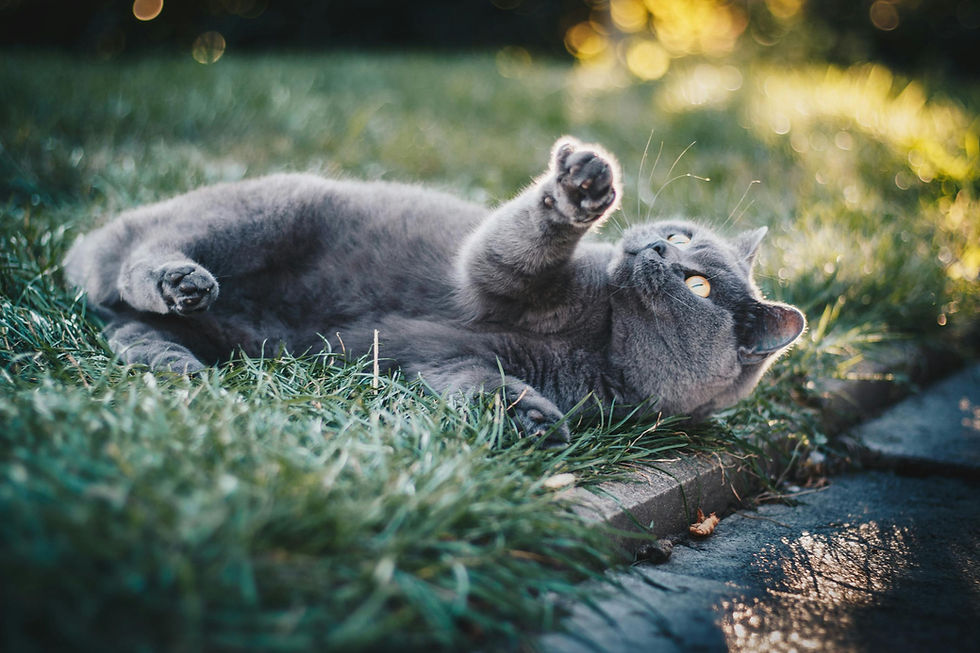Poisonous Plants that Cat Owners Should Avoid
- Snappy Tom Pet Supply
- Mar 18, 2021
- 2 min read

You would think with a name like ‘catnip’ that this plant would be safe and actually encouraged to have at home with your cats. Though many cats do love an occasional treat of catnip, having the plant growing and accessible for your cat can cause over indulgence and as a result vomiting and diarrhea. It can also make some cats sedated, while others can be overstimulated.
So that raises an excellent question: how many other types of plants are considered poisonous for your four-legged friend? The answer, surprisingly, is quite a few!
Cats can be negatively affected by many different types of plants that homeowners are prone to keeping around; here are some of the plants that should be avoided:
· Aloe Vera
· American Holly
· Arrow-Head Vine
· Autumn Crocus
· Azaleas and Rhododendrons
· Boxwood
· Castor Bean
· Chamomile
· Chrysanthemum, Daisy, Mum
· Daffodils, Narcissus
· English Ivy
· Lily (Day, Easter, Tiger, Rubrum and Japanese show)
· Marijuana
· Oleander
· Peony
· Shamrock Plant
· Spanish Thyme
· Tulip
Some plants are more toxic than others to your cat, with lilies being one of the most harmful. While some plants are only toxic if a root or specific part of the plant is ingested, every part of the lily, even at the smallest amount, is hazardous to cats.
Because it is nearly impossible to keep these plants in or around your house and out of the way of your curious feline, it is best to remove them from home all together. It is, of course, better to be safe than sorry.
Most of these plants will cause similar reactions with your cats, depending on how much of it was actually ingested. They may experience some exterior physical symptoms such as redness, swelling or itchiness of their eyes, paws or skin. Other serious symptoms of possible poisoning can include salivation, vomiting, diarrhoea, breathing difficulties, personality changes as well as changes in drinking, appetite and urinating.
If you think that your cat has ingested something that could be toxic, always contact your local veterinarian for specific advice. For more information and a full list of plants that are harmful to your cat, visit the American SPCA’s poison control website. It is a great source of information and gives a visual to each plant for reference.







Comments